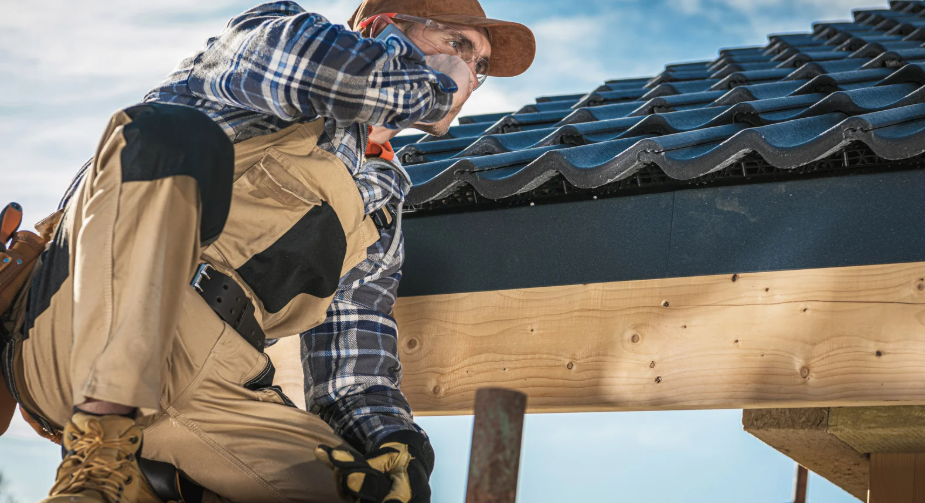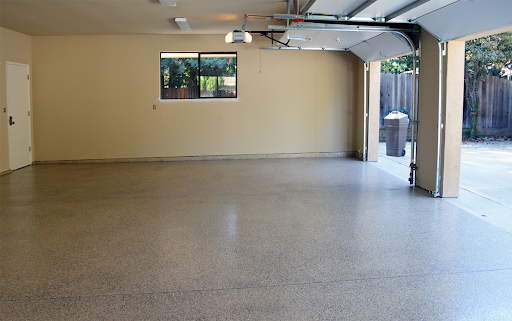A well-installed roof does more than protect your home from the elements; it can also play a significant role in reducing energy costs. Partnering with an experienced roofing contractor in Atlanta ensures that every part of your roof is designed and fitted to maximize insulation, ventilation, and reflective performance. By understanding how professional installation impacts energy efficiency, homeowners can make choices that deliver both comfort and long-term savings.
Choosing the Right Roofing Materials
Energy efficiency starts with selecting materials suited to your climate and home design. Reflective roofing materials can help reduce heat absorption, lowering cooling costs during hot months. On the other hand, materials with strong insulating properties can help retain heat in the winter. Knowing how to choose the best roofing material for your Atlanta business can guide both residential and commercial property owners toward options that balance durability and performance.
Proper Ventilation for Temperature Control
Roof ventilation is a critical component of energy-efficient design. Without adequate airflow, heat can build up in the attic during summer, forcing air conditioning systems to work harder. In winter, poor ventilation can trap moisture, leading to insulation damage and reduced energy performance. Skilled contractors ensure that ridge vents, soffit vents, and other ventilation features are strategically installed for optimal temperature regulation year-round.
Insulation That Works Hand-in-Hand with Roofing
Insulation beneath the roof is just as important as the roofing material itself. The right insulation prevents heat loss in winter and heat gain in summer, keeping indoor temperatures stable. Professional roofers assess the existing insulation and recommend improvements that complement the new roofing system. This attention to detail ensures that the roofing and insulation work together to maximize efficiency.
Preventing Energy Loss Through Proper Sealing
Even high-quality roofing materials can fall short if the installation is not properly sealed. Gaps, cracks, or misaligned panels can allow air leaks, which increase energy costs. Contractors use precision installation techniques to ensure that flashing, underlayment, and roofing panels fit tightly, reducing drafts and protecting against moisture infiltration. Attention to sealing also extends the life of the roof by preventing water damage.
The Role of Professional Inspections
Energy efficiency is not only achieved during installation, but it is also maintained through ongoing care. Understanding what to expect from a roofing company during a roof inspection helps homeowners understand how regular evaluations can identify and correct issues before they compromise energy performance. Inspections can reveal damaged shingles, inadequate ventilation, or worn insulation, allowing for timely repairs that keep the roof functioning at its best.
Conclusion
Energy-efficient roofing requires more than just quality materials; it depends on the skill and precision of the contractor handling the installation. From material selection and ventilation to insulation and sealing, every step plays a part in controlling energy costs and improving comfort. Regular inspections help maintain these benefits over time, ensuring the roof continues to perform efficiently for years. By working with a knowledgeable roofing contractor, homeowners can enjoy a well-protected home that is also cost-effective to heat and cool.









